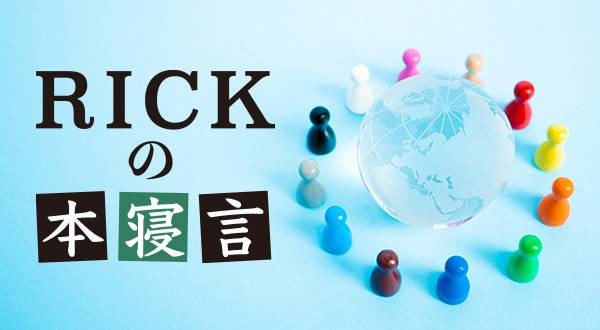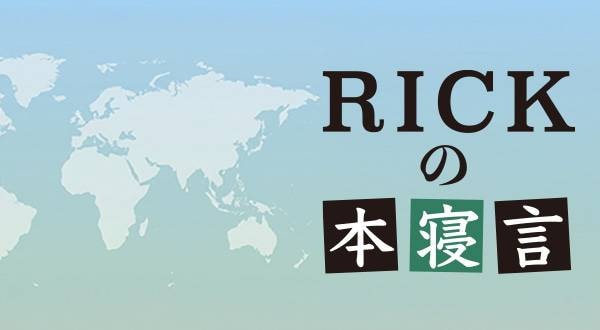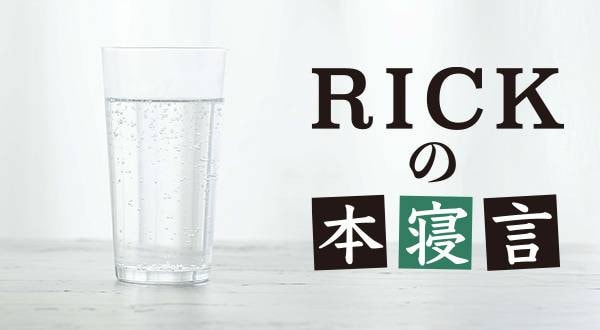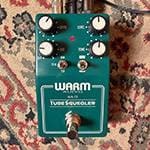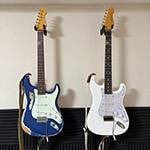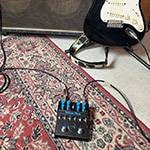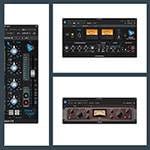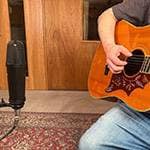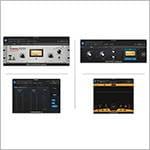
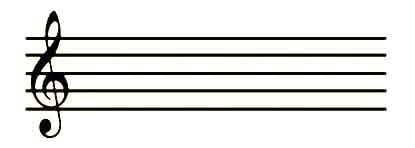
When I was a junior high school student who woke up to the joy of listening to music, I went to a stationery store to buy some staff paper. I remember writing an original song while writing notes like "tadpoles" on the paper with a pencil. Drawing the treble clef well was a bit of an art, and I was immersed in the real thrill of finishing the connection of notes as the melody came to mind. It took a lot of time and effort to put together the songs that I wanted, and the existence of staff paper was indispensable for that. Nevertheless, I enjoyed writing songs. Such an old-fashioned composition style is now like a dream.
It took a lot of time and effort to put together the songs that I wanted, and the existence of staff paper was indispensable for that. Nevertheless, I enjoyed writing songs. Such an old-fashioned composition style is now like a dream.
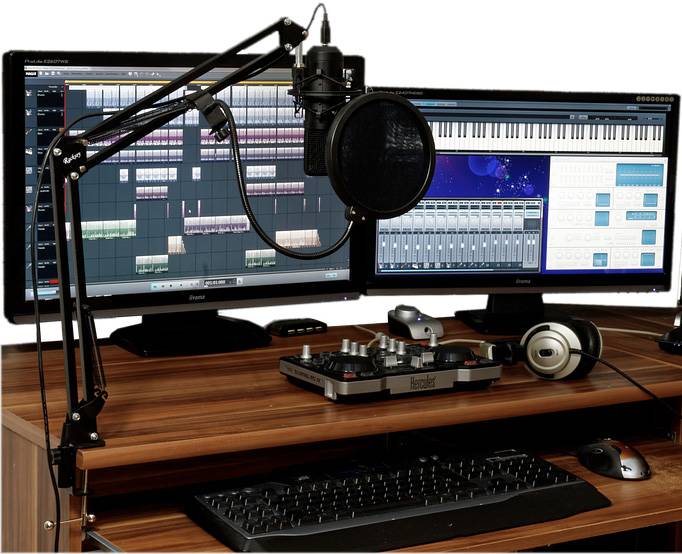
After that, the music production scene continued to evolve, and it would change from writing on staff paper to the era of home recording, which made full use of computers. When I founded Sound House in 1993, I immediately took on the challenge of a new composition style of creating music by automatically displaying notes on the screen while playing the melody I envisioned using a small keyboard. The fact that the notes were displayed on the screen just by hitting the keyboard was like lightning from a blue sky. Although the method was fresh, it was complicated to make tracks from there, it was troublesome to understand the manual, and it was often not possible to call the support line. A further problem was that I always had to stare at the computer screen, causing my eyes to become tired and my neck stiff.
At first, I couldn't help but enjoy the new and unusual. But in the end, I felt that it was too inconvenient to use, and I came to the conclusion that "I can't use it like this!" And "I have to wait until the upgrade version is released!" After that, the software will surely continue to evolve rapidly and improve the accuracy, but when I see the creator who is obsessed with it because it becomes too complicated, it seems to be like an illness. Despite the fact that music is supposed to moisturize life, many of the people who actually make it are stuck to their computer screen until late into the night, enduring a great deal of stress to create a more complete song. I became proud. I imagine that the result of that pride is staying up late, which leads to smoking, drinking, and an irregular lifestyle, and erodes many musicians.
 I didn't feel like touching this until I could easily operate it with voice command. So, the composition activity that was once interrupted was never resumed. And while I was busy with work, I suddenly realized that 25 years had passed in the blink of an eye. Many of the songs I wrote halfway solidified like fossils and were forgotten in my past life. All the clocks of my composition project had stopped. Nevertheless, I have no regrets. Because, as expected long ago, 2017 was the first year of AI, and AI-based speakers and audio equipment that make full use of voice commands began to appear one after another. It's only a matter of time now before music composition is converted to AI. Just as the abacus has been replaced by the calculator, AI will soon be able to replace production software, such as waveform editing, that mentally drives users and causes physical pain including eye strain. Just as the abacus has disappeared from society, even the keyboard we desperately type on will soon disappear, and we cannot help but feel that all things must pass.
I didn't feel like touching this until I could easily operate it with voice command. So, the composition activity that was once interrupted was never resumed. And while I was busy with work, I suddenly realized that 25 years had passed in the blink of an eye. Many of the songs I wrote halfway solidified like fossils and were forgotten in my past life. All the clocks of my composition project had stopped. Nevertheless, I have no regrets. Because, as expected long ago, 2017 was the first year of AI, and AI-based speakers and audio equipment that make full use of voice commands began to appear one after another. It's only a matter of time now before music composition is converted to AI. Just as the abacus has been replaced by the calculator, AI will soon be able to replace production software, such as waveform editing, that mentally drives users and causes physical pain including eye strain. Just as the abacus has disappeared from society, even the keyboard we desperately type on will soon disappear, and we cannot help but feel that all things must pass.






